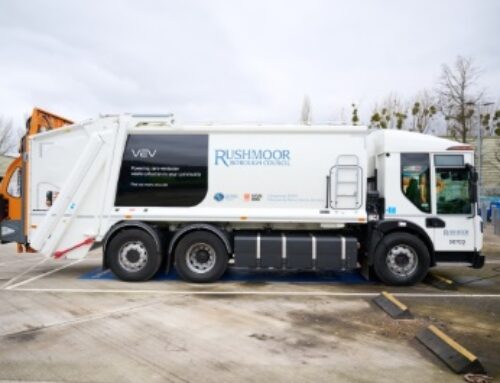DfT publishes Brexit haulage guide as permit deadline arrives
 The Department for Transport (DfT) has published a new guide for hauliers to help them prepare for the end of the Brexit transition period on 1 January, as eleventh-hour negotiations on a future trade deal between the UK and EU continue.
The Department for Transport (DfT) has published a new guide for hauliers to help them prepare for the end of the Brexit transition period on 1 January, as eleventh-hour negotiations on a future trade deal between the UK and EU continue.
The Haulier Handbook, which is freely accessible here, is designed for those moving goods between Great Britain and the EU, and explains the documents required, how to follow new rules on traffic management around ports, and the new border control processes.
The handbook is being translated into multiple languages, which are being made available over the next week, as well as a print-friendly PDF version.
Separate guidance is expected on the movement of goods between Great Britain and Northern Ireland.
“The Haulier Handbook is a one-stop-shop for key information and advice on customs procedures, clearly setting out how you can prepare yourselves, your vehicles and the goods you carry to continue travelling smoothly across the border and help minimise disruption,” said DfT.
Meanwhile, the department also reminded operators of the deadline for ECMT permit applications for 2021, which closes today (Friday 20 November) at 11.59pm.
The permits might be required for journeys to or through the EU from 1 January, says DfT, and should be applied for in case they are necessary.
Full details and an application portal can be found at the government website here.
DfT is additionally encouraging hauliers to visit its network of information and advice sites across the UK, for advice on how to prepare for the end of the transition period.
Support is said to include multilingual in-person advice on new border changes, the Haulier Handbook, and training on the ‘Check an HGV’ service to ensure trucks are ready to cross the border.
The 45 information and advice sites are situated at motorway service stations and truck stops, with support available in multiple languages, including Polish and Romanian.
Operators can find their nearest advice site here.











